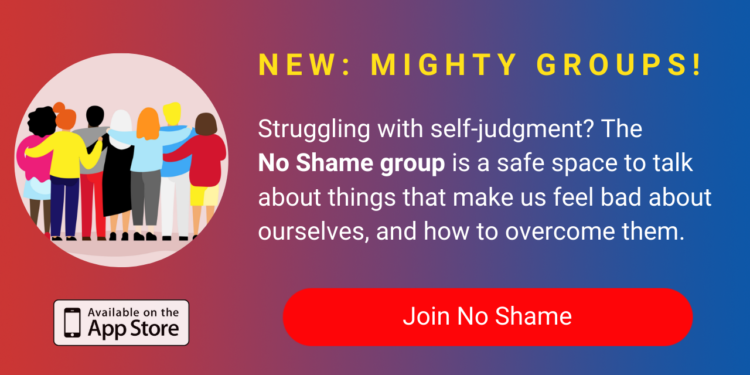What do you think of when someone mentions “obsessive-compulsive disorder?” For many, they picture someone organizing things by color or using excessive amounts of hand sanitizer. In reality, although someone with obsessive-compulsive disorder (OCD) can display these behaviors, there is much more to the disorder than meets the eye.
The first manifestation of my OCD I can remember is from elementary school. I was sitting at the lunch table, chatting to my friends about whatever an 8-year-old talks about (probably Club Penguin!). A girl sitting across from me interrupted my conversation, saying, “Why do you always roll your eyes?”
I froze.
I knew what she was talking about. I had a physical compulsion to roll my eyes upwards and back down again. I had been doing it for only a few months, but I didn’t realize it was noticeable. At that point, I hadn’t yet been diagnosed with OCD; I didn’t understand why I felt compelled to roll my eyes. So when I was confronted about it in front of my friends, I felt embarrassed.
“I don’t!” I exclaimed, my face heating up. She chuckled and went back to her prior conversation. My friends on either side of me looked at me with dubious glances, but changed the subject. “This is the beginning of being different,” I thought to myself.
Later that same year, my family noticed my tic. My mother immediately attributed it to OCD, since she’s well aware of the signs due to my father’s same diagnosis. But I didn’t want to have OCD. I felt broken, and broken meant different, and different—in my mind—meant I was unloved. Within the span of a few weeks, my confidence plummeted. I was hyper aware of things that I’d never thought of before: the way I crack my pinkie finger a certain number of times, the throat clearing, the hard blinking. And every time someone pointed my tics out, I’d ruminate on that experience for years. To tell you the truth, I still think about the day that my eye rolling was called out when I was 8 years old. I’m nearly 21.
If you know someone with OCD or someone who has tics, remember that we can’t help it! We aren’t rolling our eyes at you (well, maybe we are… but you’ll never know), and we certainly don’t want to be called out for it in public. It may look a little “strange,” but it takes a substantial amount of effort to control my tics. I wish I could stop, but it’s mentally and physically exhausting to resist such strong compulsions all the time. Instead of questioning someone’s OCD, let them know they don’t need to be embarrassed around you. Their tics are a part of their OCD, their OCD is a part of them, but they are not defined by their OCD.
To learn more about OCD: https://iocdf.org/about-ocd/
Getty image by Vaselena


